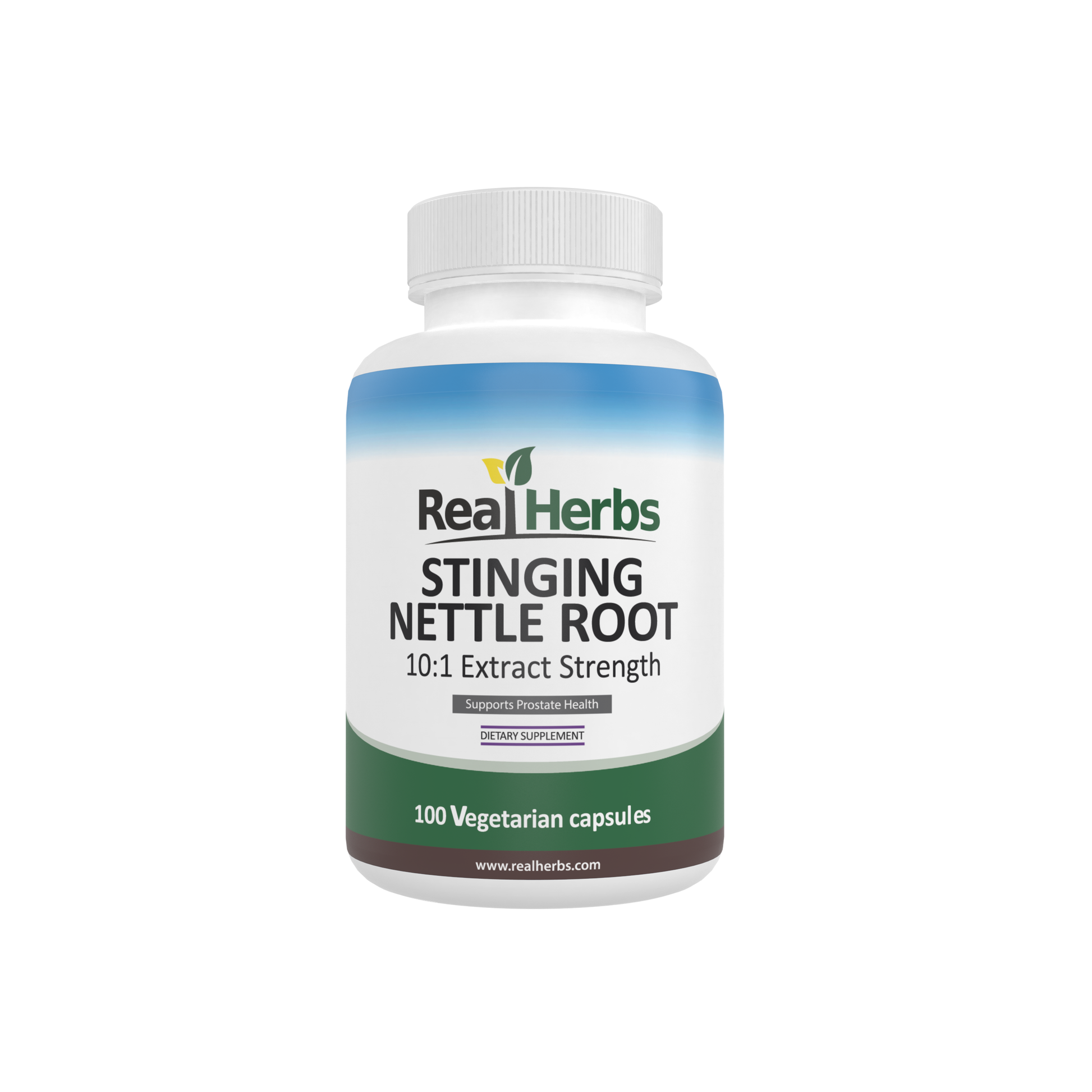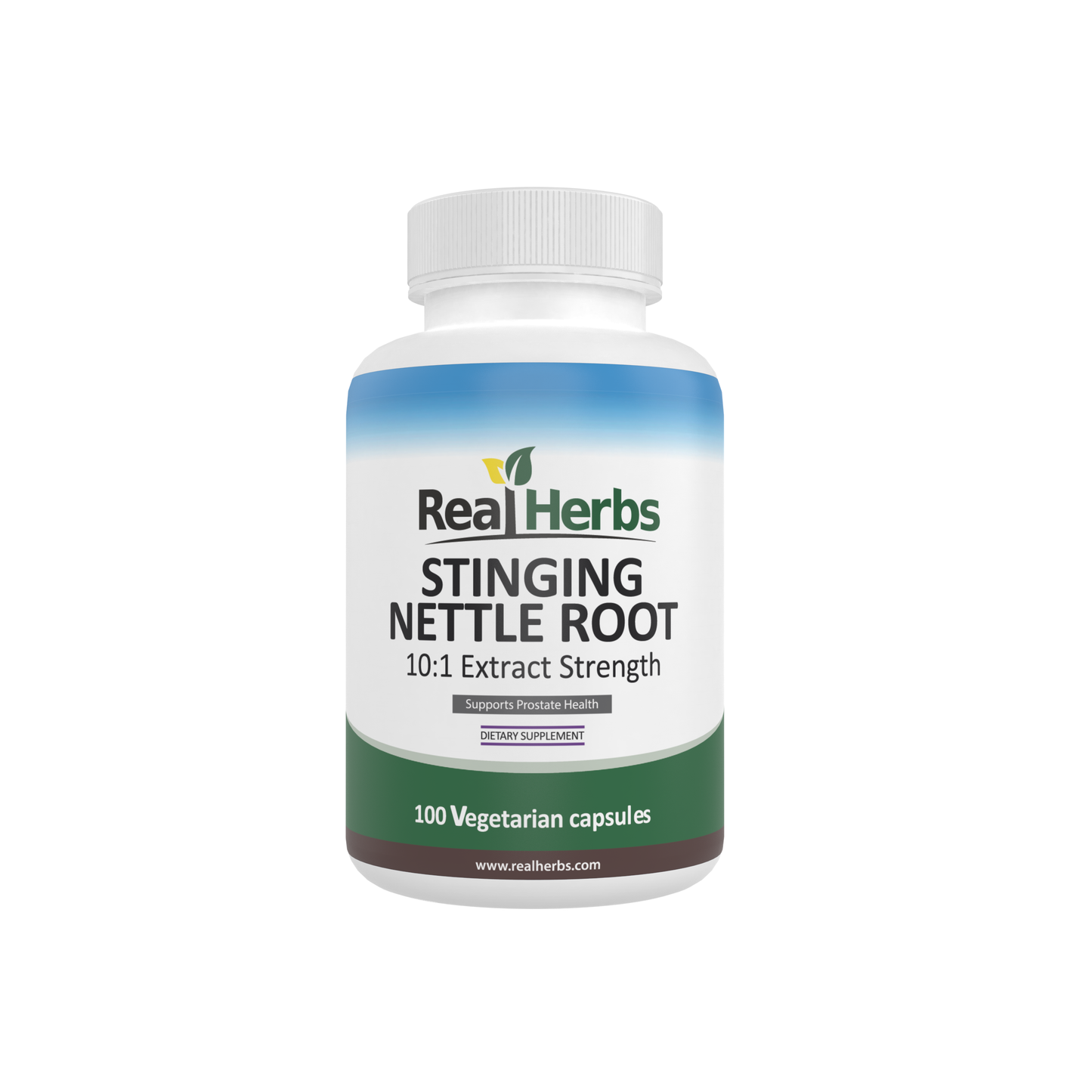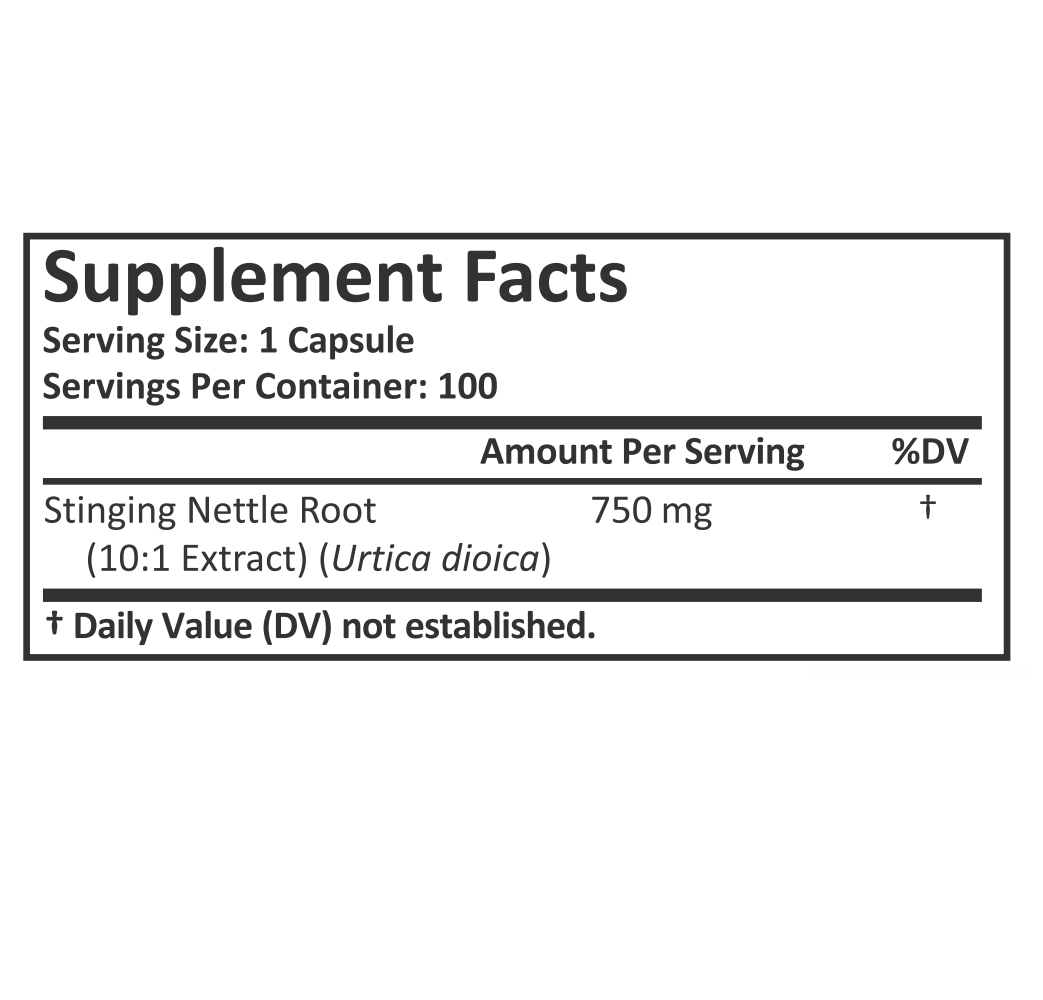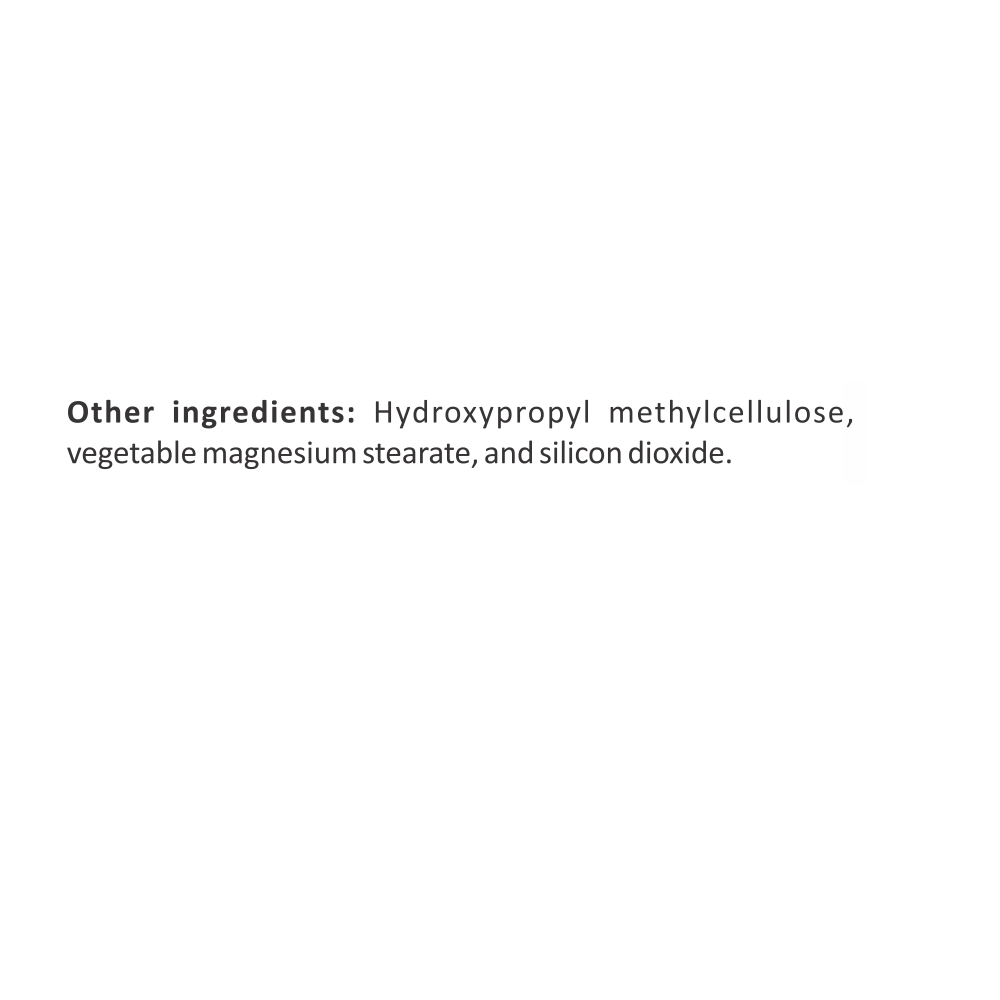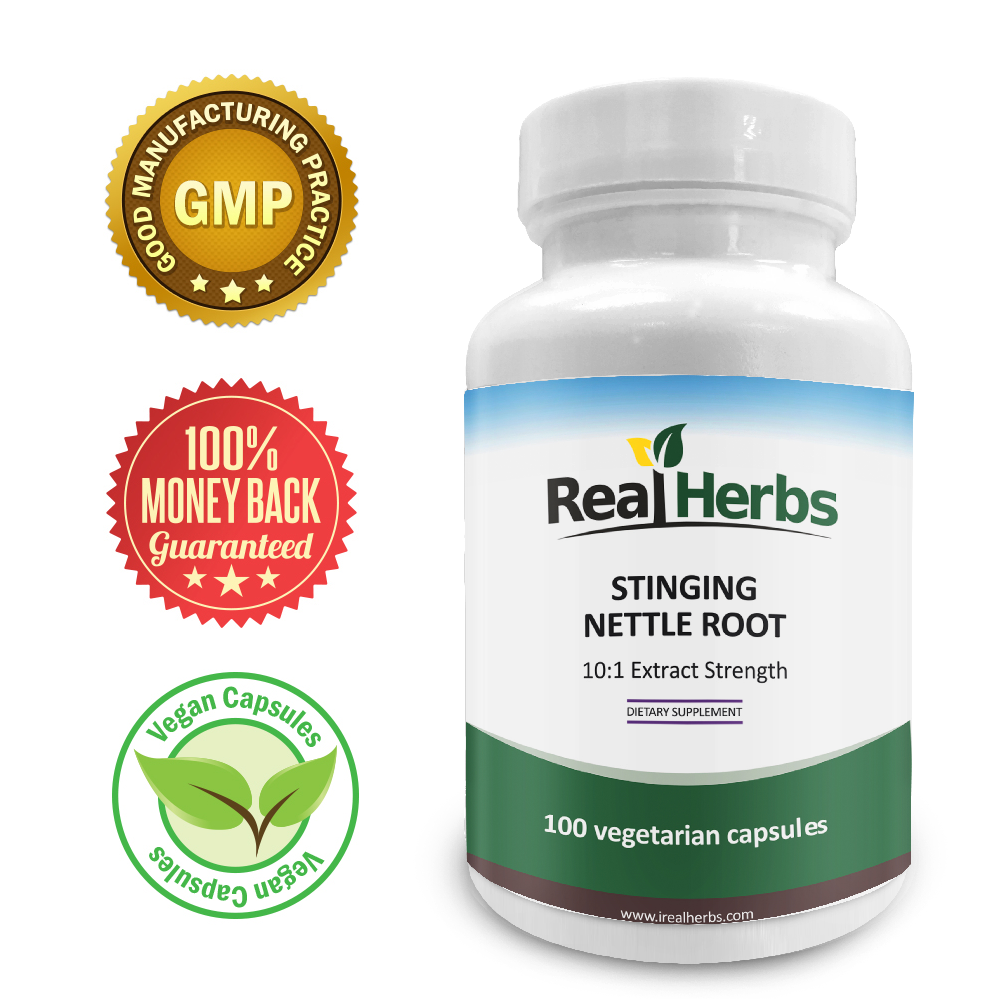Introduction
In the realm of natural remedies, stinging nettle root has garnered attention for its potential benefits on various aspects of health. Among its many purported advantages, one intriguing area of exploration is its impact on thyroid health. As individuals seek alternative approaches to support their well-being, the ancient roots of herbal medicine are unearthed, and stinging nettle takes center stage. In this article, we delve into the world of stinging nettle root, examining its composition, historical uses, and its potential influence on thyroid health.
Overview of Stinging Nettle Root
Stinging nettle, scientifically known as Urtica dioica, is a perennial flowering plant that has been a staple in traditional medicine for centuries. Its use spans across cultures, from ancient Egyptians to Native American tribes, each recognizing its versatile medicinal properties.
The stinging nettle plant is characterized by tiny, hair-like structures on its leaves and stem that release irritating substances upon contact with the skin. Despite its prickly nature, the root of the stinging nettle has become a focus of interest for its rich nutrient profile. Packed with vitamins, minerals, and bioactive compounds, the stinging nettle root boasts a nutritional arsenal that may contribute to its potential health benefits.
Among the notable components found in stinging nettle root are vitamins A and C, essential minerals such as iron and magnesium, and a variety of bioactive compounds including flavonoids and sterols. These elements, in combination, are believed to confer a range of health benefits, and emerging research suggests a potential link between stinging nettle root and thyroid health.
As we journey through the intricacies of this herbal remedy, we will explore how stinging nettle root may play a role in supporting thyroid function and delve into the scientific evidence that underlies these claims. Join us on this exploration of nature's pharmacy and its potential impact on one of the body's vital systems—the thyroid.
Connection to Thyroid Health
The thyroid gland, a butterfly-shaped organ located in the neck, plays a crucial role in regulating metabolism, energy production, and overall homeostasis within the body. Disturbances in thyroid function can lead to a range of health issues, including fatigue, weight fluctuations, and disruptions in mood.
Researchers and herbalists alike have turned their attention to stinging nettle root due to its potential to influence thyroid health. While the scientific understanding of this connection is still evolving, some intriguing avenues have been explored.
Stinging nettle root contains compounds that are thought to possess anti-inflammatory properties, a quality that could be particularly relevant to thyroid health. Inflammation is a known factor in various thyroid disorders, and the ability of stinging nettle root to mitigate inflammatory responses may offer a supportive mechanism.
Additionally, preliminary studies suggest that stinging nettle root extracts may have a modulating effect on certain hormones, including those related to thyroid function. These hormonal interactions could potentially contribute to a balanced thyroid environment.
Benefits of Stinging Nettle Root for Thyroid
-
Anti-Inflammatory Properties: Stinging nettle root's anti-inflammatory compounds, such as quercetin and beta-sitosterol, may help reduce inflammation in the thyroid gland, potentially supporting individuals with inflammatory thyroid conditions.
-
Hormonal Modulation: Early research indicates that stinging nettle root extracts may influence the levels of thyroid hormones, such as thyroxine (T4) and triiodothyronine (T3). This modulation could contribute to maintaining a healthy balance in thyroid function.
Scientific Studies and Evidence
As we embark on a journey to uncover the scientific underpinnings of stinging nettle root's impact on thyroid health, it's important to note that research in this area is still in its early stages. While preliminary findings are promising, further investigations are needed to establish a clear and definitive connection.
-
Anti-Inflammatory Effects:
- Studies exploring the anti-inflammatory properties of stinging nettle suggest that its compounds may help reduce inflammation in various tissues, including the thyroid gland. Inflammation is a common factor in thyroid disorders, and mitigating this response could contribute to overall thyroid health.
-
Hormonal Modulation:
- Some animal studies indicate that stinging nettle extracts may influence thyroid hormones. However, extrapolating these findings to human health requires caution, and more human clinical trials are necessary to validate and understand the extent of these effects.
-
Antioxidant Activity:
- Stinging nettle root is rich in antioxidants, which play a crucial role in neutralizing free radicals and protecting cells from oxidative stress. While oxidative stress is implicated in thyroid dysfunction, more research is needed to establish a direct link between stinging nettle's antioxidant activity and thyroid health.
-
Clinical Trials and Human Studies:
- Limited clinical trials have been conducted to specifically examine the impact of stinging nettle root on thyroid health in humans. Rigorous, well-designed studies are crucial to draw conclusive evidence regarding its efficacy and safety.
Considerations and Precautions
Before considering the incorporation of stinging nettle root into a thyroid health regimen, it's essential to exercise caution and consider the following:
-
Consultation with Healthcare Professionals: Individuals with thyroid disorders or those considering stinging nettle supplementation should consult with healthcare professionals. This is particularly important for individuals taking medications or undergoing other treatments for thyroid conditions.
-
Individual Responses: Responses to herbal remedies can vary widely among individuals. What works for one person may not have the same effect for another. It's essential to be mindful of individual health conditions and responses.
-
Potential Side Effects: While stinging nettle is generally considered safe for most people when used appropriately, some individuals may experience mild side effects such as gastrointestinal upset or allergic reactions. Monitoring for adverse effects is crucial.
Incorporating stinging nettle root into your routine for potential thyroid health benefits requires careful consideration. Here are some practical guidelines:
-
Forms of Consumption:
- Stinging nettle root is available in various forms, including capsules, tinctures, and teas. The choice of form depends on personal preferences and considerations such as allergies or sensitivities.
-
Dosage Considerations:
- Determining the appropriate dosage of stinging nettle root can be challenging due to the limited availability of standardized guidelines. It's advisable to start with a low dose and gradually increase while monitoring for any adverse reactions.
-
Consultation with a Healthcare Professional:
- Before initiating any supplementation, it's crucial to consult with a healthcare professional, especially if you have pre-existing thyroid conditions or are taking medications. They can provide personalized guidance based on your health status.
-
Potential Interactions:
- Stinging nettle root may interact with certain medications or other herbs. If you are on medication for thyroid issues or other health conditions, discuss potential interactions with your healthcare provider to ensure the safety of combining these interventions.
Conclusion
In the pursuit of holistic well-being, the exploration of natural remedies like stinging nettle root unveils a rich tapestry of potential benefits. While scientific research suggests promising avenues for its influence on thyroid health, it's vital to approach these findings with a discerning eye.
Stinging nettle root, with its anti-inflammatory properties, hormonal modulation, and antioxidant activity, holds promise as a complementary approach to thyroid health. However, conclusive evidence from well-designed human studies is still lacking, emphasizing the need for caution and consultation with healthcare professionals.
As we navigate the intricate landscape of herbal medicine, let this exploration of stinging nettle root and its potential impact on thyroid health serve as an invitation for further research, dialogue, and informed decision-making. Before embarking on any new health regimen, it's always wise to seek the guidance of healthcare professionals and to approach natural remedies with a blend of curiosity and prudence.

